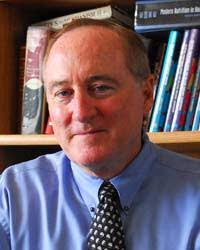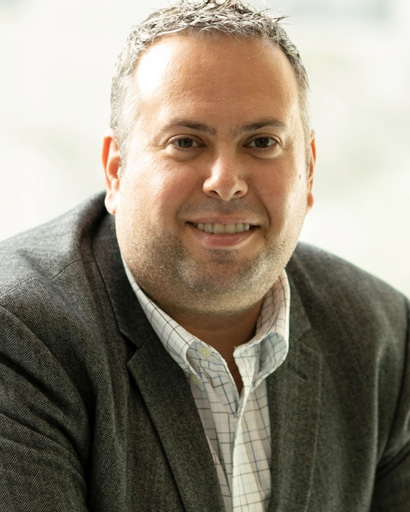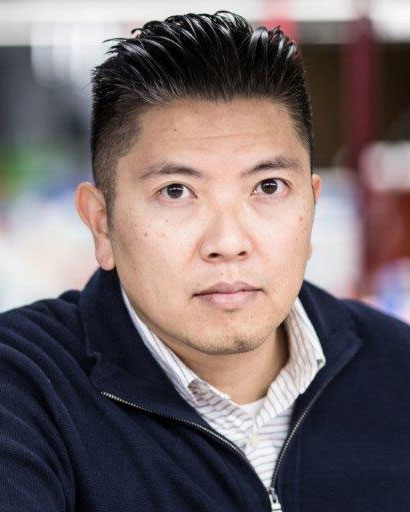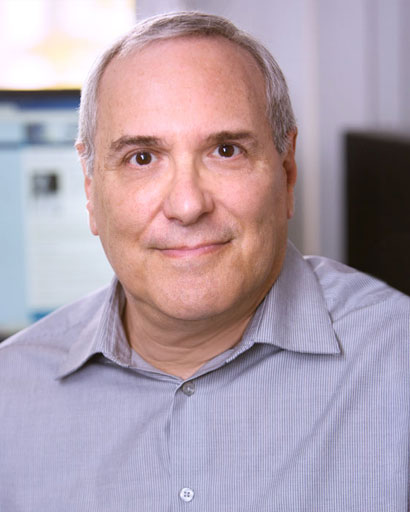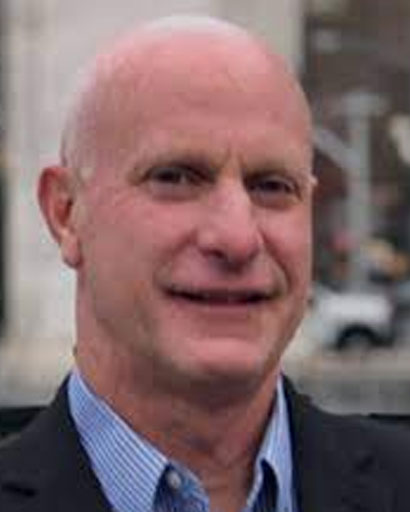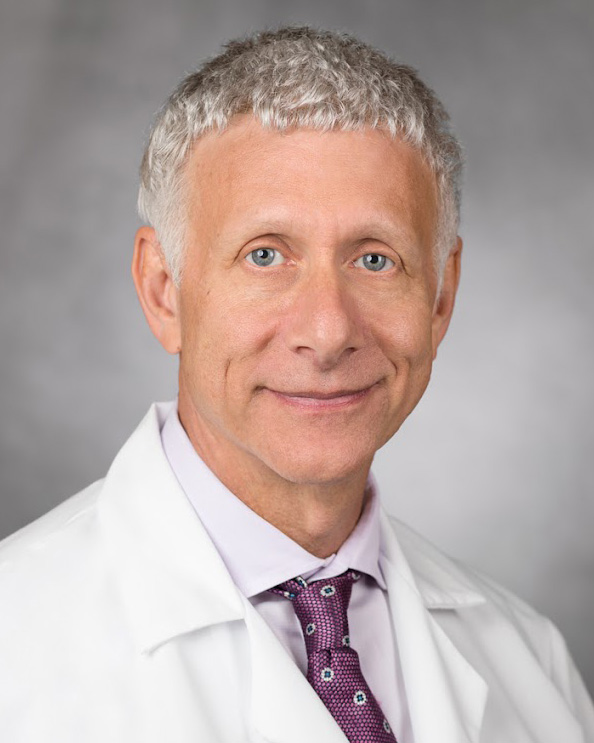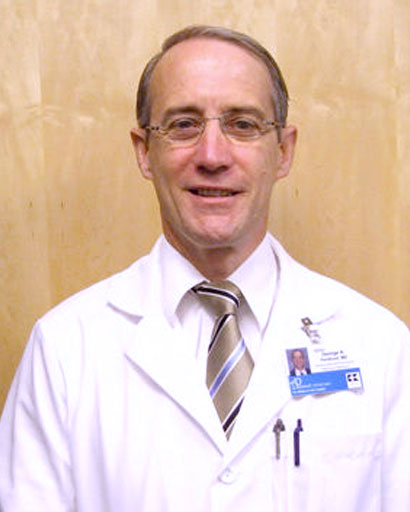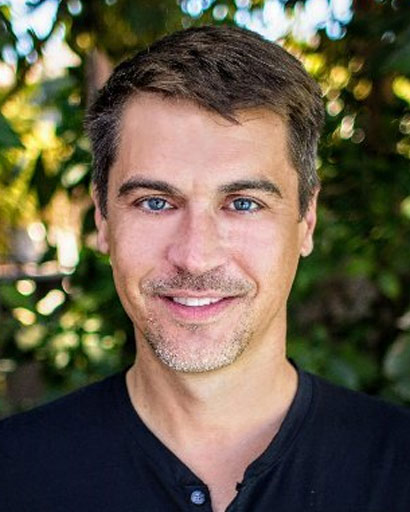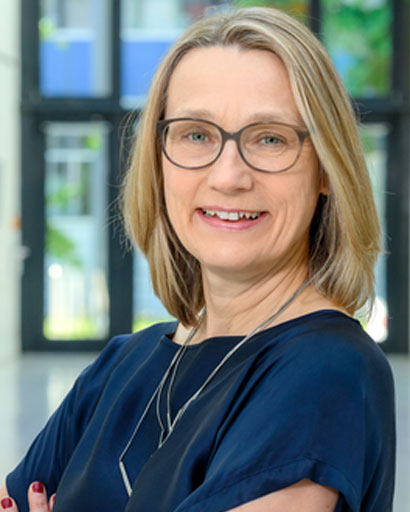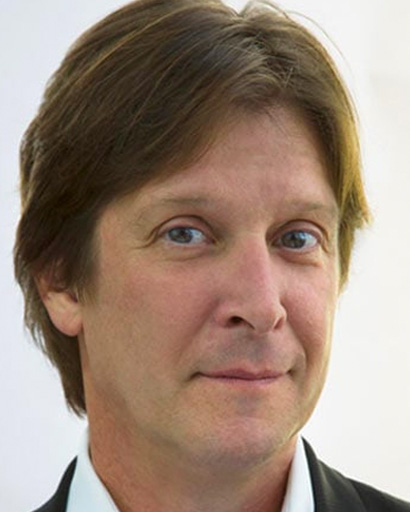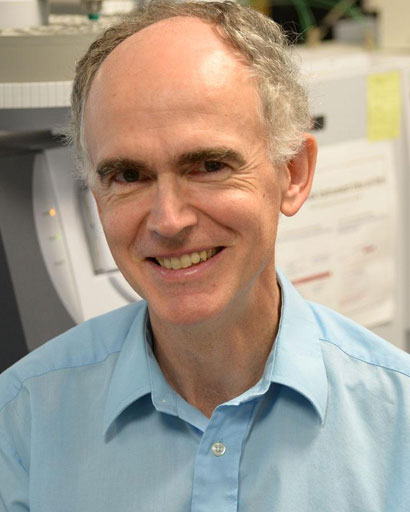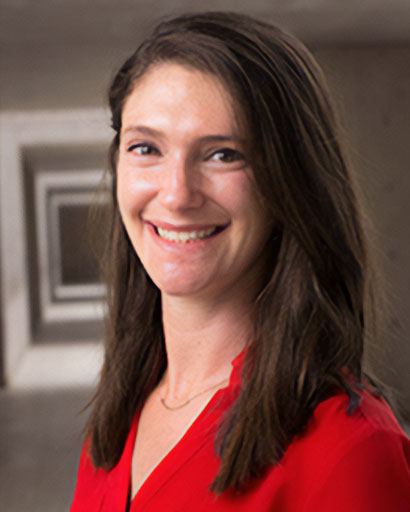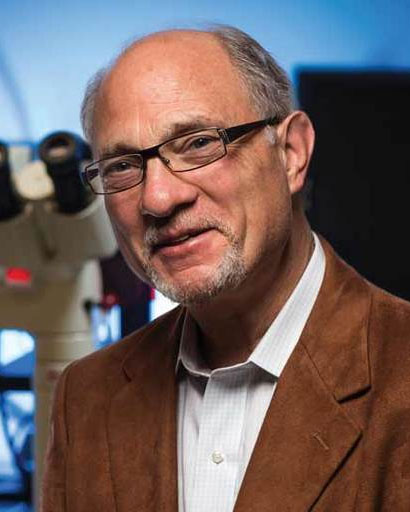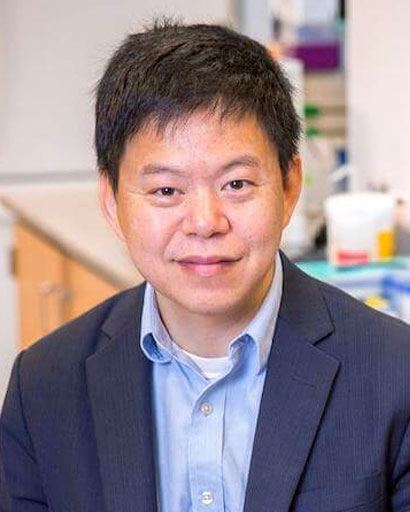PLEASE NOTE: C3 Pancreatic Cancer Group Members are listed here alphabetically. If you would like to be added to this list, please contact Shirley Sarno.
John R. Cashman
President and Founder
Human BioMolecular Research Institute
Leading refinement of cancer pathway-specific small molecule inhibitors. Drug Development of new small molecules for oncology including pancreatic cancer. We are a fully functional drug discovery laboratory with capability for target identification, hit identification and hit to lead refinement, drug candidate in vitro and in vivo functional and efficacy preclinical work including xenografts, PK, ADME and toxicology studies.
- Human BioMolecular Research Institute
- 5310 Eastgate Mall San Diego, CA 92121
- (858) 458-9305
- JCashman@hbri.org
Jiongjia Cheng
Postdoctoral Researcher
Human BioMolecular Research Institute
My ongoing projects are focused on development of drug-like compounds for in vivo applications, including new approaches to solving fundamental problems associated with pancreatic ductal adenocarcinomal (PDAC). This work addresses the overarching challenge of developing a new, non-toxic compound for pancreatic cancer and also addresses the challenges of life-threatening drug toxicity and low efficacy observed with currently used clinical agents. My work investigates a paradigm-changing non-toxic DNA damage pathway inhibitor that shows potent anti-cancer activity against PDAC both in vitro and in vivo.
- Human BioMolecular Research Institute
- 5310 Eastgate Mall San Diego, CA 92121
- (858) 458-9305
- JCheng@hbri.org
Cosimo Commiso, PhD
Assistant Professor
Cancer Metabolism and Signaling Networks Program
Research in the Commisso Lab is focused on biological discoveries that have the potential to lead to novel therapeutic strategies for cancer. Of particular interest to our laboratory are Ras-driven cancers, such as pancreatic cancer, which are extremely aggressive and are in urgent need of new and innovative therapies. The biological process that we study in the lab is called macropinocytosis, a fluid-phase form of bulk endocytic uptake, which we have linked to cancer cell metabolism in Ras-mutated tumors.
- Sanford Burnham Prebys Cancer Center
- Tumor Initiation and Maintenance
- (858) 795-5171
- ccommisso@sbpdiscovery.org
Duc S. Dong
Assistant Professor
Sanford Burnham Prebys Medical Discovery Institute
Human Genetics
Pancreatic cell lineage specification, maintenance, neoplasia, and reprogramming using the zebrafish vertebrate model.
- Human BioMolecular Research Institute
- C3 Pancreatic Cancer Research Group
- (858) 795-5258
- ducdong@sbpdiscovery.org
Paul Insel, MD
Professor of Pharmacology & Medicine
GPCR expression and action in pancreatic ductal adenocarcinoma (PDAC) cells and in cells of the tumor microenvironment, in particular pancreatic cancer-associated fibroblasts. We are testing the hypothesis that certain GPCRs are potential therapeutic targets in PDAC cells and in cells of the PDAC microenvironment.
- UC San Diego Department of Pharmacology
- C3 Pancreatic Cancer Research Group
- 858-534-2295
- nseloffice@ucsd.edu
Pamela Itkin-Ansari, PhD
Adjunct Assistant Professor
Development, Aging, and Regeneration Program
Research is directed toward understanding diseases of the human pancreas. She has studied the signaling pathways controlling growth and differentiation in the pancreas in order to elucidate mechanisms leading to pancreatic pathogenesis. The lab is developing a cell based therapy for diabetes which will not require immunosuppression. New research in the lab has identified a signaling pathway controlling pancreatic cancer cell growth which is yielding new potential targets for drug discovery for pancreatic cancer.
- Sanford Burnham Prebys Medical Discovery Institute
- C3 Pancreatic Cancer Research Group
- 858-646-3100 x3428
- pitkin@SBPdiscovery.org
Richard L. Klemke
Professor
Pathology
My laboratory is interested in understanding the signal transduction networks that control PDAC cell proliferation, survival, and metastasis. We are currently studying how mutated KRas highjacks the protein synthesis machinery to control ERK, Akt, RhoA/ROCK2 signaling, which mediate PDAC cell proliferation, migration, and metastasis. We are also studying how pseudopodium-enriched atypical kinase 1 (PEAK1) controls the cytoskeleton of PDAC cells to mediate growth, stemness, and metastasis in response to KRas activation. Our studies utilize a combination of molecular biology and proteomics along with unique animal models of tumor formation and dissemination, including zebrafish xenografts, the chicken CAM assay, and orthotopic transplantation methods.
- UC San Diego
- C3 Pancreatic Cancer Research Group
- 858-822-5610
- rklemke@ucsd.edu
Shaoying (Kathy) Lu
Project Scientist
UC San Diego
Bioengineering
I am working on image-driven bioinformatics, with applications on live cell imaging for molecular transport, activation, and interactions. We develop computational algorithms and statistical inference methods for the high throughput analysis of biological data, with applications in cancer biology and epigenetic modifications in pancreatic cancer cells. We also develop optimization algorithms and theory with partial differential equation constraints, to investigate molecular transport, diffusion, and interactions in cancer cells.
- SERF 255, UCSD-IEM, 9500 Gilman Dr. La Jolla, CA 92093-0435
- C3 Pancreatic Cancer Research Group
- 858-822-4502
- kalu@ucsd.edu
Andrew Lowy, MD, FACS
Professor of Surgery
Chief, Division of Surgical Oncology
Recognized worldwide for his expertise in the surgical treatment of pancreatic cancer and for investigating novel cancer treatments which incorporate surgery and chemotherapy to treat patients with advanced cancer that has spread to the abdomen. At UC San Diego, Lowy will launch a multidisciplinary surgical program dedicated to the comprehensive treatment of cancer with a focus on the pancreas and colon.
- UC San Diego Moores Cancer Center
- Tumor Initiation and Maintenance
- (858) 822-2124
- alowy@ucsd.edu
Karl J. Okolotowicz, PhD
Associate Scientist
Lead refinement and in vitro and in vivo assessment of cancer pathway-specific small molecule inhibitors. Drug Development of new small molecules for oncology specifically: pancreatic cancer. We are a fully functional drug discovery laboratory with medicinal chemistry and bioanalytical capability for hit to lead refinement, as well as in vitro and in vivo preclinical work including PK, ADME and toxicology studies. Animal model xenograft efficacy studies are ongoing.
-
Human BioMolecular Research Institute
5310 Eastgate Mall San Diego, CA 92121 - C3 Pancreatic Cancer Research Group
- 858-458-9305
- kokolotowicz@hbri.org
George A. Perdrizet, MD
Professor
Emergency Medicine
Tumor immunology – enhancement of anti-tumor immune responses using oxygen therapy. Establishing a first of its kind Core Facility for translational research in Hyperbaric oxygen therapy at the UC San Diego CTRI facility in La Jolla. Aim is to reverse intra-tumor hypoxia as adjunctive therapy in the setting of pancreatic cancer.
-
UC San Diego
Hillcrest Hospital, 200 W. Arbor St. San Diego, CA 92103 - C3 Pancreatic Cancer Research Group
- 619-543-7342
- gperdrizet@ucsd.edu
Adam D. Richardson
Director, Cancer Metabolism
Cancer Metab & Sig Networks
Our research focuses on human tumor metabolism with the dual goals of therapeutic discovery and technology development. By supplying 13C-labled metabolic substrates (such as glucose, glutamine, and lactate) to living cells, we are able to then analyze isotopomer patterns of key metabolites by mass spectrometry. This data yields information on both pathway activities and metabolite pool sizes. In particular, we are able to determine activity rates of glycolysis, the pentose phosphate pathway, glutaminolysis, the TCA cycle, fatty acid biosynthesis and oxidation, and the biosynthesis of most non-essential amino acids. In addition, we have the ability to perform a wide range of complementary assays, such as large scale unbiased metabolite profiling by LC/MS, rapid substrate profiling by YSI analyzer, bioenergetic analysis (NAD(P)H and ATP/ADP/AMP) by HPLC and respiratory capacity by Seahorse XF.
- Sanford Burnham Prebys Medical Discovery Institute
- C3 Pancreatic Cancer Research Group
- 858-795-5136
- adrichardson@sbpdiscovery.org
Maike Sander
Professor
Pediatrics and Cellular & Molecular Medicine
There is an unquestionable urgent need to further improve our understanding of the molecular events leading to pancreatic ductal adenocarcinoma (PDAC) and to identify strategies for diagnosing and treating this disease. To gain a better understanding of this type of cancer, our lab has developed unique genetic mouse models that recapitulate the pathological features of human PDAC. Using genomic approaches to compare transformed and non-transformed cell populations, our laboratory aims to identify the molecular changes that are associated with the initiation of PDAC and determine whether the regulatory pathways that initiate PDAC in mice also play a role in the pathogenesis of PDAC in humans. Results from our studies will identify novel diagnostic markers as well as reveal novel pathways to target for drug discovery.
- UC San Diego
- C3 Pancreatic Cancer Research Group
- 858-246-0843
- masander@ucsd.edu
Stephen P. Schoenberger
Professor
Center for the Immunobiology of Cancer
My laboratory performs exome-guided neoantigen discovery in solid cancers and develops translational models of individualized precision immunotherapy.
-
La Jolla Institute for Allergy and Immunology
9420 Athena Circle La Jolla, CA 92037 - C3 Pancreatic Cancer Research Group
- 760-815-1798 (cell)
-
sps@lji.org
czeiser@lji.org (Cassidy Zeiser)
David A. Scott, PhD
Staff Scientist
Osterman Lab/ Cancer Metabolism Core
Research interests in cancer metabolism, currently mainly in melanoma. I am interested in applying the methodology for metabolic analysis we have developed to pancreatic cancer
Additional email: n/a
Additional email: n/a
- Sanford Burnham Prebys Medical Discovery Institute
- C3 Pancreatic Cancer Research Group
- 858-646-3100 x3941
- dscott@sbpdiscovery.org
Mara H. Sherman
Postdoc
Gene Expression Laboratory
Tumor-stroma interactions, paracrine regulation of cancer metabolism
- Salk Institute
- C3 Pancreatic Cancer Research Group
- 858-453-4100 x1301
- msherman@salk.edu
Geoffrey M. Wahl, PhD
Professor
Gene Expression Laboratory
We are interested in developing therapies that target both the epithelial and stromal components of pancreatic cancer. We are interested in how the p53 pathway contributes pancreatic cancer development in both cellular compartments. As an example, we have shown that we can activate p53 in activated stellate cells and cause them to reprogram into quiescent, lipid storing cells. We are testing whether this reprogramming affects tumor growth, and enhances drug delivery to increase cancer cell killing. We are also interested in Ras protein activation in pancreatic cancer. We have developed a powerful protein interaction technology that rapidly enables us to determine whether Ras has dimerized and is membrane associated. We are using this to identify Ras regulators, and to screen for Ras antagonists.
- Salk Institute
- C3 Pancreatic Cancer Research Group
- 858-453-4100 x1255
- wahl@salk.edu
Yingxiao Wang, PhD
Associate Professor
Bioengineering
The primary focus of my research is to develop molecular biosensors based on fluorescence resonance energy transfer (FRET) to visualize signaling molecules and hierarchies in live cells at subcellular compartments. Micro/nano-fabrication technologies, bio-photonics, and biochemical assays will be integrated with live cell imaging technology to apply these biosensors for the study of molecular mechanisms by which cells interact with their physical/biochemical microenvironment and neighbors in cancer model systems, e.g. pancreatic tumor development.
-
UC San Diego
Bioengineering, Institute of Engineering in Medicine - C3 Pancreatic Cancer Research Group
- 858-822-4502
-
Yiw015@eng.ucsd.edu
kalu@eng.ucsd.edu (Kathy Shaoying Lu)
C3 PCRG Events
Monthly seminars are open to those from both academia and industry, interested in connecting with other investigators.
Program Contact:
Shirley Sarno
Regional Therapies Program ManagerPhone 858-246-0966


